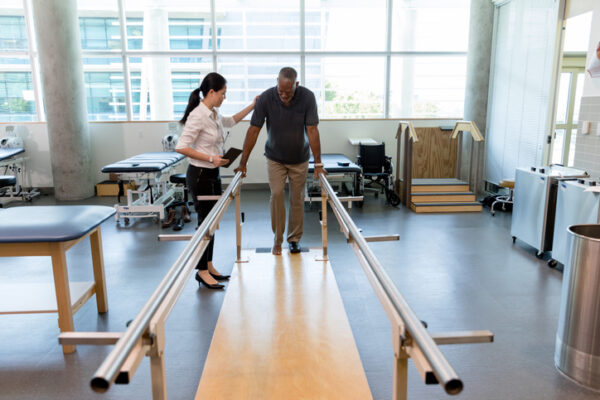
Medtronic sees plenty of ideas for improving stroke care. Now, after a year of development behind the scenes, the device maker is rolling out a new way of shepherding those ideas to market.
To coincide with World Stroke Day on Oct. 29, Medtronic is launching the Medtronic Neurovascular Co-Lab Platform.
The platform — which the company believes to be the first of its kind for stroke care — is designed to triage the calls Medtronic regularly receives from physicians and entrepreneurs and to pair them with the resources that could help them. Their ideas could be sketched on the back of a napkin, while others are ready for commercialization, said Dan Volz, president of the Medtronic neurovascular business, which is part of the company’s neuroscience portfolio.
The platform is coming online as startups face pressure from rising inflation, constricting supply chains and stiffening regulations, particularly in Europe.
“Those are tough conditions for a startup to survive,” said Volz. “Co-Lab is here to make sure that we have a thriving, innovative ecosystem around stroke care. For us, we’ve got resources and experience to accelerate those ideas.”
The Co-Lab process starts with an online portal where doctors, researchers and entrepreneurs can submit their concepts. If an idea is accepted, it will follow one of four tracks based on where it is on the path to market.
Early-stage ideas will land on the “brainstorm” track, which can help transform concepts into prototypes. The “advance” track will assist in the development of pre-clinical technologies and prepare them for human trials, Volz said.
Clinical-stage technologies will follow a track called “invest” where Medtronic could help them attract venture capital, whether from outside investors or from Medtronic’s in-house funding arm, Medtronic Ventures.
The fourth track – “accelerate” – is for startups nearing commercialization. Medtronic might help those companies reach a wider audience, for example, by sharing its space at global conferences or leveraging its global sales force.
“There are a number of ways that we can provide value to each of those organizations,” Volz said.
Medtronic, which markets a range of products and solutions for stroke care, stands to benefit from the influx of ideas, Volz said, noting it could create a pipeline for future acquisitions. The platform also offers Medtronic employees an opportunity to collaborate with entrepreneurs and startups.
Ultimately, Volz sees the platform as a way to enhance stroke care, a fast-growing field with room for improvement.
People suffer about 15 million strokes per year, Volz said. Only about one in 10 receive treatment. New approaches might deliver care more quickly within the roughly four-hour window for treatment. Other ideas might improve diagnostics so that more stroke victims seek care.
“Fundamentally, because the therapy is so underpenetrated, it really requires a healthy innovation ecosystem,” Volz said. “We have to move the needle beyond the 10% of people who are treated.”












